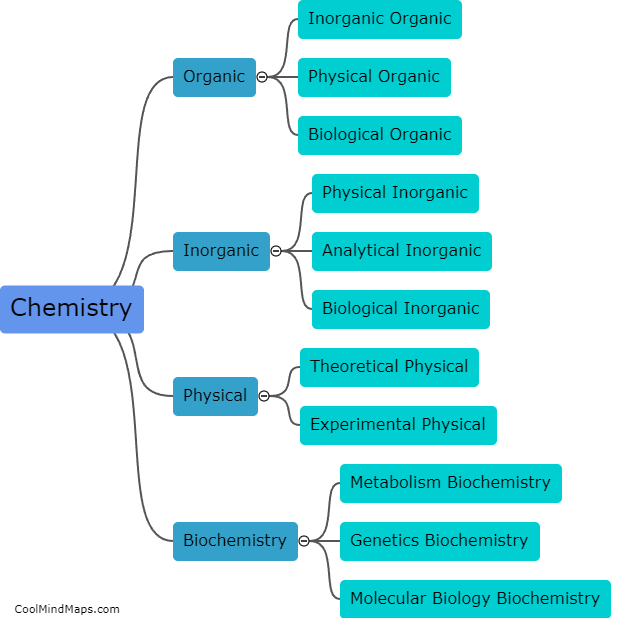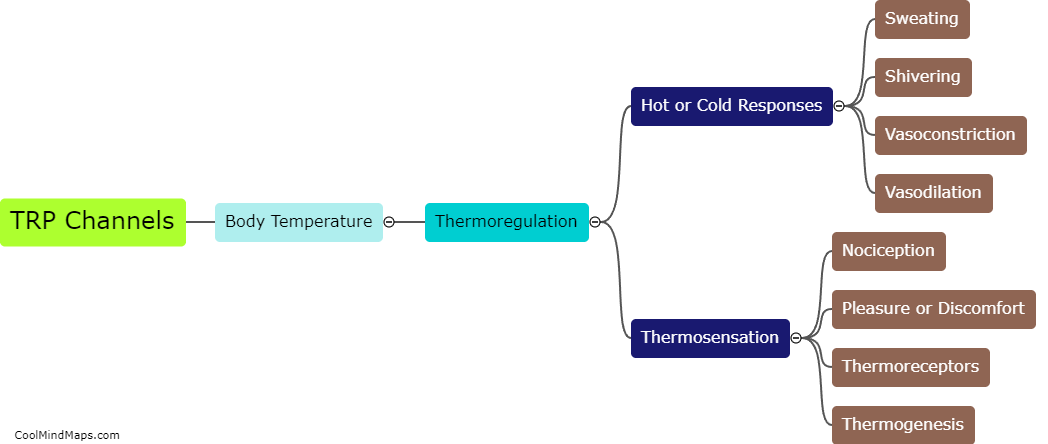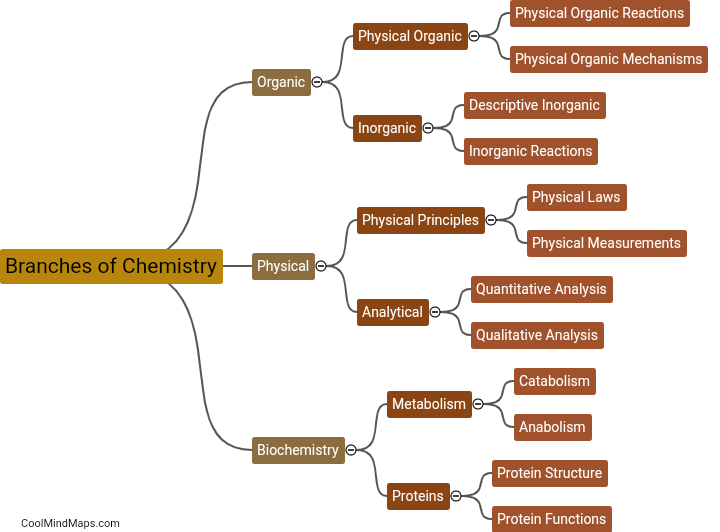What are the different branches of chemistry?
Chemistry is a diverse and multidisciplinary field that can be divided into various branches, each focusing on different aspects of matter and its interactions. One of the main branches is organic chemistry, which deals with the study of carbon-based compounds and their reactions. Inorganic chemistry, on the other hand, concentrates on non-carbon compounds, including metals and minerals. Physical chemistry explores the fundamental principles of energy and the behavior of molecules at a molecular and atomic level. Analytical chemistry involves the development and application of techniques to identify and quantify substances in chemical samples. Another branch, biochemistry, delves into the chemical processes and molecules that occur within living organisms. Finally, there are other specialized branches like environmental chemistry, medicinal chemistry, and materials chemistry, which focus on specific applications and challenges within their respective areas. The various branches of chemistry work together, intertwining their knowledge and techniques, to better understand and manipulate the world around us.

This mind map was published on 23 July 2023 and has been viewed 638 times.











